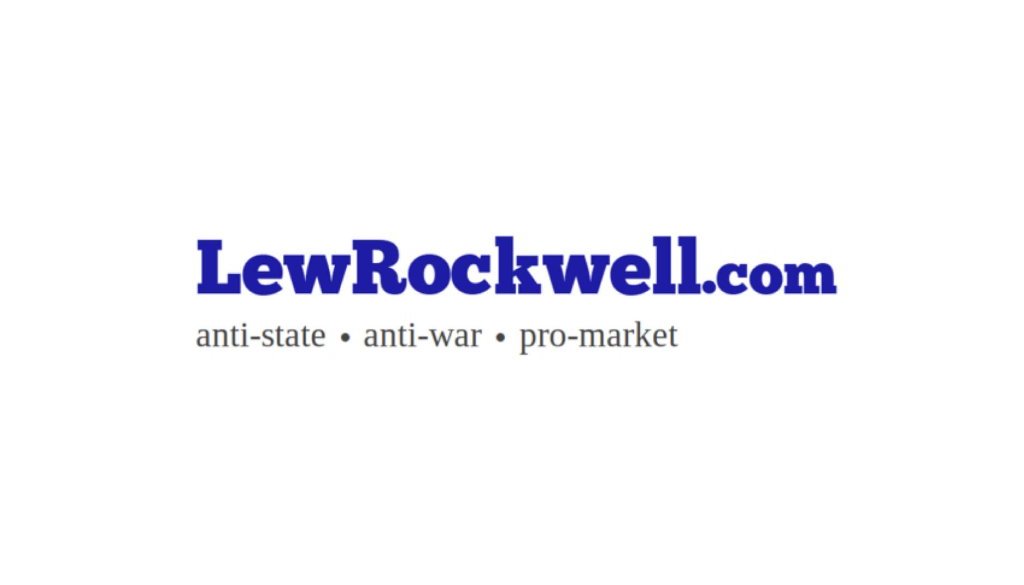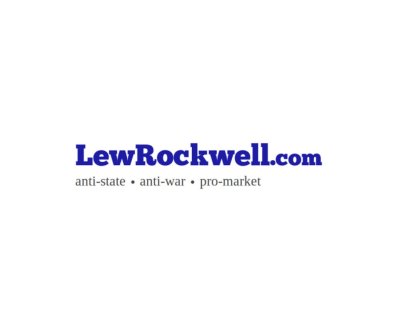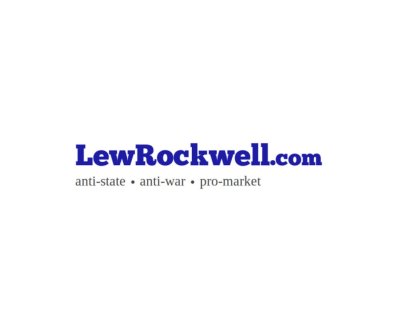The Stones Still Cry Out: Holy Week’s Political Reckoning
Holy Week is no mere ritual rehearsal for Christians; it’s a political dynamite keg, detonating the myth of human order built on blood. Jesus’ trial, crucifixion, and resurrection expose the scaffolding of power—then and now—as a rickety structure held together by scapegoats and silenced victims. As we navigate our fractured polis in 2025, the Passion narrative demands we confront the same temptations: to cheer for Barabbas, to wash our hands with Pilate, or to abandon the One who reveals the stones crying out for justice.
The Gospels unravel the political with surgical precision. Jesus enters Jerusalem to Hosannas, a king on a donkey, mocking the pomp of empire. Days later, the crowd—fickle as any mob—trades him for Barabbas, a man whose name in the earliest texts is Jesus Barabbas, a violent revolutionary mirroring the establishment’s own brutality. The symmetry is no accident. Barabbas represents the allure of might-makes-right, the seductive promise of force to bind us against a villain. Sound familiar? Our politics thrives on this old magic trick: rally the crowd against a demonized other—be it a marginalized group or a foreign foe in some proxy war. Yet the cross exposes this as a lie. The knowledge of the Lord, as Habakkuk 2 foretold, fills the earth like water, not through conquest but through the slain Lamb who unmasks the guilt we project onto scapegoats.
Habakkuk’s warning haunts Jesus’ words. The prophet condemns cities founded on bloodshed, their walls built
Article from LewRockwell

LewRockwell.com is a libertarian website that publishes articles, essays, and blog posts advocating for minimal government, free markets, and individual liberty. The site was founded by Lew Rockwell, an American libertarian political commentator, activist, and former congressional staffer. The website often features content that is critical of mainstream politics, state intervention, and foreign policy, among other topics. It is a platform frequently used to disseminate Austrian economics, a school of economic thought that is popular among some libertarians.




